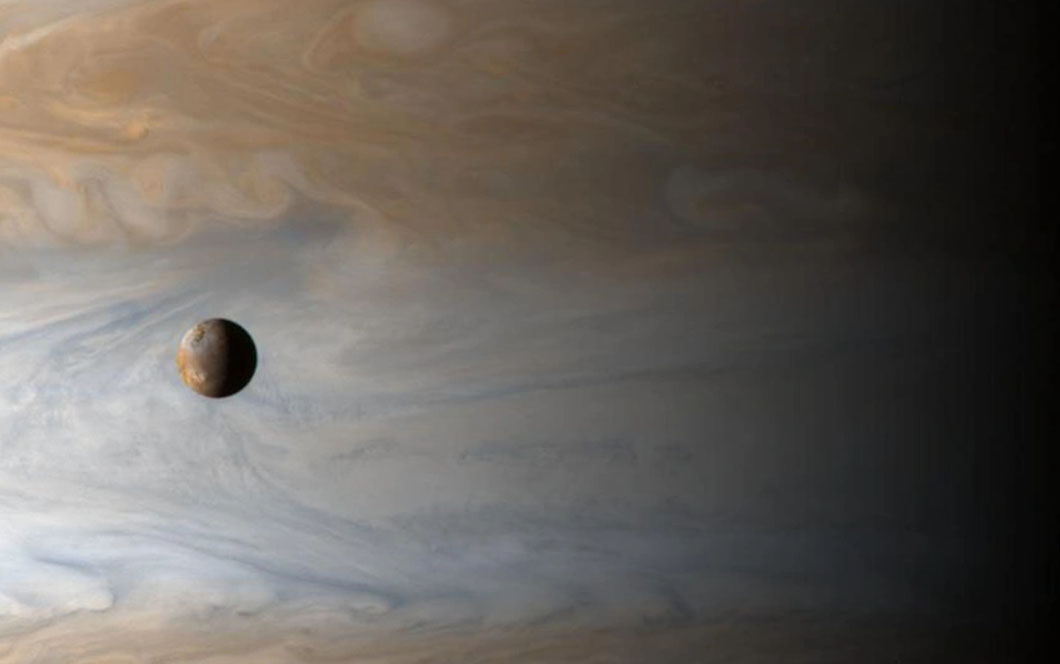FPI / February 18, 2021
By Richard Fisher
Becoming a leading space power requires three ambitions.

First you must secure your access to the Earth-Moon System by not letting China take it away.
This enables you to, second, build a competitive presence to best exploit Mars and close asteroids.
But third, you require a Deep Space program which is more about justifying the development of breakthrough technologies like nuclear-powered space travel, which then greatly eases the consolidation of one and two.
For ambitious space powers perhaps the most important deep space objective is Jupiter. Though its challenges are staggering, Jupiter’s largest moons hold considerable potential for finding some form of life as they have copious water-ice and/or salt-water oceans, also better for extracting oxygen and making rocket fuel.
From Earth, Jupiter is roughly ten times the distance as is Mars, which with current chemical rocket technology can require 7 months of space travel versus six years for Jupiter.
Jupiter is 11 times the size of the Earth and 318 times as massive. Its gravitational force of about 2.5 times that of Earth, plus wind speeds up to 385 mph and much higher radiation levels posing real challenges for human visitation.
But it is more possible eventually to visit some of Jupiter’s 67 moons. Of these, three of the largest, Europa, Ganymede and Callisto, are interesting because they may have large bodies of water-ice or deep undersurface oceans of salty water and a thin atmosphere.
The large water bodies, especially on Europa, are most likely to have possible aquatic microbial life forms.
Callisto may be the safest for eventual human visitation because its high orbit escapes most of Jupiter’s harmful radiation and its atmosphere contains some oxygen.
Since 1972 NASA has so far sent six scientific observation satellites to Jupiter and its moons. … According to a Russian source, China is developing two Jupiter missions in consultation with the European Space Agency (ESA)
Full Text . . . Current Edition . . . . Subscription Information
FPI, Free Press International
